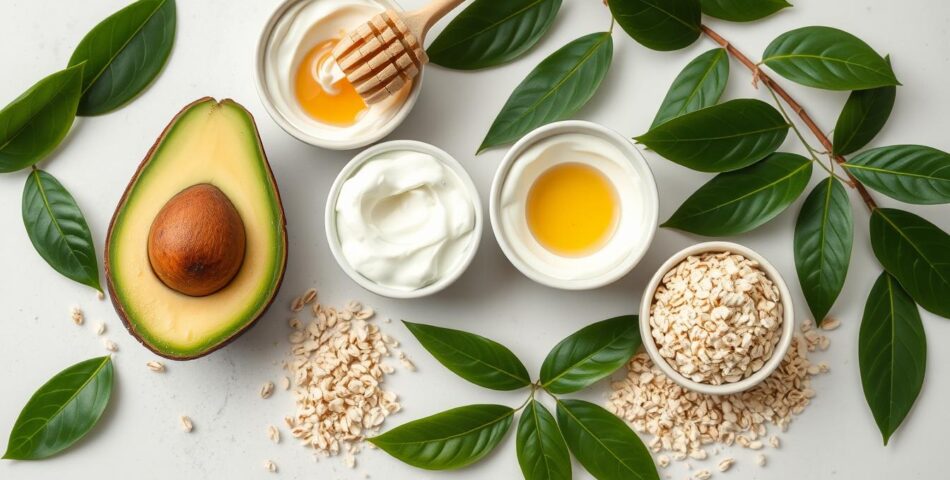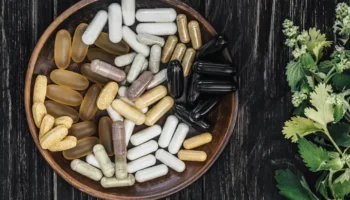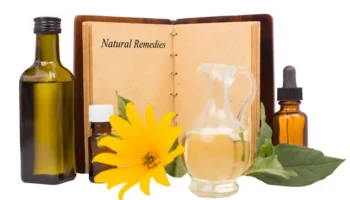As we enter our 40s, our skin undergoes significant changes due to decreasing collagen levels, reduced natural oil production, and slower cell turnover. This leads to common concerns like dryness, loss of elasticity, and fine lines. A well-chosen face mask can target these issues, making it a crucial step in an effective skincare routine.
How Face Masks Support Aging Skin
Face masks deliver a concentrated dose of active ingredients, penetrating deeper than daily skincare products. According to dermatologists, consistent use of face mask skin care can:
- Boost Hydration: Hyaluronic acid-infused masks help restore moisture balance.
- Improve Elasticity: Collagen-boosting masks reduce sagging and fine lines.
- Brighten Skin Tone: Vitamin C masks help fade dark spots and enhance radiance.
- Detoxify & Exfoliate: Clay and charcoal masks draw out impurities and promote cell renewal.
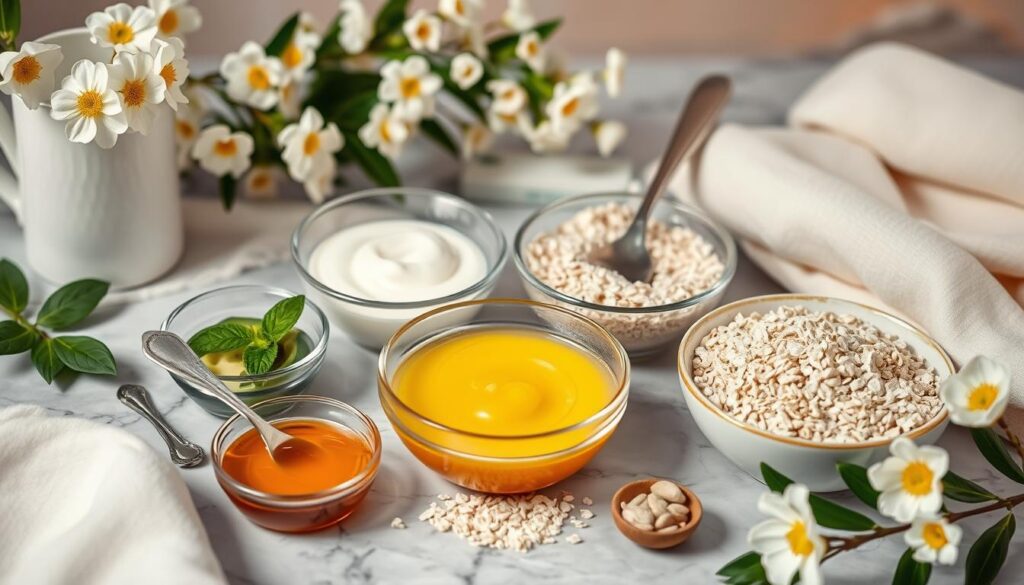
Science-Backed Ingredients for Anti-Aging Face Masks
Understanding key ingredients can help you choose the best face mask for mature skin:
- Hyaluronic Acid – A moisture magnet that plumps skin and smooths fine lines.
- Retinol – Boosts collagen production and accelerates cell turnover.
- Vitamin C – A powerful antioxidant that fades pigmentation and brightens skin.
- Peptides – Strengthen skin’s structure and promote firmness.
- Niacinamide – Reduces inflammation and improves skin tone.
The Best Types of Face Masks for Women Over 40
1. Hydrating Face Masks for Dry, Aging Skin
Hydration is key for mature skin. Look for masks with hyaluronic acid, glycerin, and ceramides to replenish lost moisture. Studies show that hyaluronic acid can improve skin hydration by up to 30% in just one application.
Recommended Products:
- Drunk Elephant F-Balm Electrolyte Waterfacial
- Laneige Water Sleeping Mask
2. Firming & Anti-Aging Masks
Loss of elasticity is a major concern after 40. Retinol and collagen-boosting masks can help combat sagging and fine lines.
Recommended Products:
- Hanacure All-in-One Facial (Highly rated for firming effects)
- Fresh Black Tea Firming Overnight Mask
3. Brightening & Dark Spot Treatment Masks
Sun exposure over the years can lead to uneven skin tone and hyperpigmentation. Masks with vitamin C, licorice extract, and kojic acid can reduce dark spots and promote an even complexion.
Recommended Products:
- Ole Henriksen Phat Glow Facial
- Murad Rapid Dark Spot Correcting Serum Mask
4. Detoxifying & Exfoliating Masks
As cell turnover slows down, dead skin cells accumulate, leading to dullness. Clay, charcoal, and exfoliating enzyme masks help clear pores and revitalize skin.
Recommended Products:
- GlamGlow Supermud Clearing Treatment
- The Ordinary AHA 30% + BHA 2% Peeling Solution
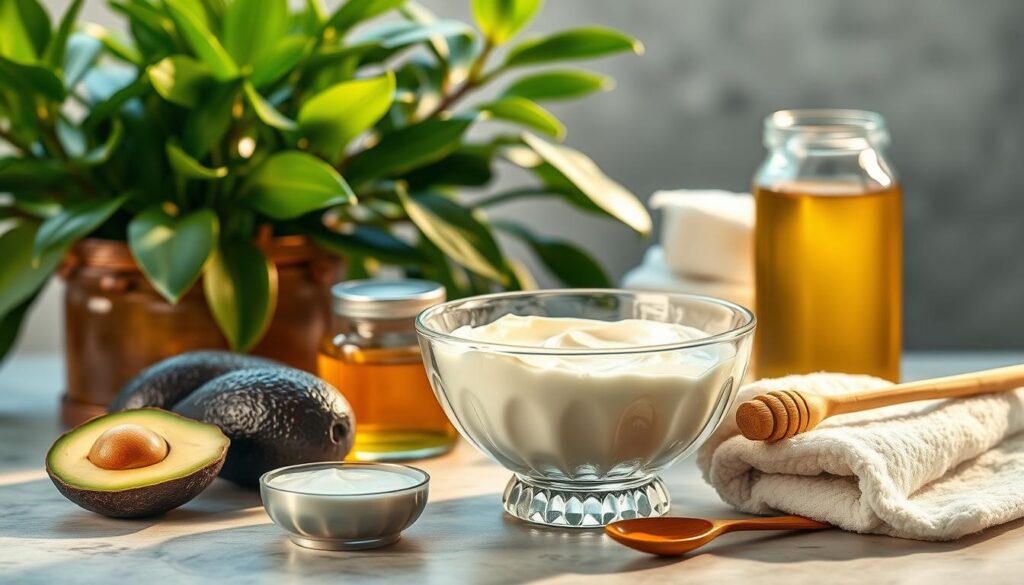
DIY Face Mask Recipes for Natural Skincare
For those who prefer natural skincare, homemade masks using kitchen ingredients can be just as effective. Some dermatology-backed options include:
1. Hydrating Honey & Yogurt Mask
This mask is perfect for dry, aging skin as it deeply moisturizes and gently exfoliates. Ingredients:
- 1 tbsp honey (a natural humectant)
- 2 tbsp Greek yogurt (rich in lactic acid for gentle exfoliation) Instructions:
- Mix the ingredients and apply to clean skin.
- Leave on for 15-20 minutes before rinsing with warm water.
2. Brightening Turmeric & Aloe Vera Mask
Turmeric helps reduce dark spots and inflammation, while aloe vera soothes the skin. Ingredients:
- 1 tsp turmeric powder
- 2 tbsp aloe vera gel Instructions:
- Blend the ingredients until smooth.
- Apply evenly and leave on for 10-15 minutes.
- Rinse off and follow with a moisturizer.
3. Nourishing Avocado & Olive Oil Mask
Ideal for mature skin needing deep hydration and nourishment. Ingredients:
- ½ ripe avocado (rich in antioxidants and healthy fats)
- 1 tsp olive oil (a natural emollient) Instructions:
- Mash the avocado and mix with olive oil.
- Apply to your face for 20 minutes.
- Rinse with lukewarm water and pat dry.
How Often Should You Use a Face Mask?
Experts recommend using a face mask 1-3 times per week, depending on your skin type and concerns. Overuse can lead to irritation, especially with active ingredients like retinol or exfoliating acids.
Pro Tip: Apply your face mask to slightly damp skin for better absorption and always follow up with a moisturizer.
Conclusion: Investing in Your Skin’s Future
Face masks are more than a beauty indulgence—they are an essential part of maintaining youthful, healthy skin after 40. Choosing masks with science-backed ingredients like hyaluronic acid, retinol, and vitamin C can help address age-related skin concerns. Whether you opt for store-bought solutions or DIY treatments, consistency is key in seeing real results.
Your skin reflects your inner vitality and self-care habits. By incorporating targeted face masks into your routine, you invest in long-term radiance and confidence.
Frequently Asked Questions (FAQs)
1. How often should women over 40 use face masks?
It depends on the type of mask and your skin type. Hydrating masks can be used 2-3 times per week, while exfoliating or retinol-based masks should be limited to once a week to avoid irritation.
2. What ingredients should I look for in an anti-aging face mask?
Look for hyaluronic acid (for hydration), retinol (to boost collagen), vitamin C (to brighten skin), peptides (to improve elasticity), and niacinamide (to reduce inflammation and redness).
3. Can I use a DIY face mask instead of store-bought ones?
Yes! Natural ingredients like honey, yogurt, aloe vera, turmeric, and avocado can be highly effective in addressing common skin concerns. However, always do a patch test before applying a new DIY mask to your face.
4. Are overnight face masks beneficial for mature skin?
Absolutely! Overnight masks allow active ingredients to work longer, deeply hydrating and repairing skin. Look for ingredients like ceramides, peptides, and antioxidants for the best results.
5. Can face masks replace my daily skincare routine?
No, face masks should complement your regular skincare routine, not replace it. Cleanser, moisturizer, sunscreen, and serums are still essential for daily skin maintenance.
6. What is the best face mask for dry, aging skin?
Hydrating masks with ingredients like hyaluronic acid, glycerin, and ceramides are best for dry, mature skin. DIY masks using honey and avocado can also be effective for deep hydration.
7. Can I use clay masks if I have mature skin?
Yes, but in moderation. Clay masks help detoxify and refine pores, but they can be drying. Follow up with a hydrating serum or moisturizer to maintain skin balance.
8. How can I enhance the effects of my face mask?
For better absorption, apply your mask to slightly damp skin after cleansing. Exfoliating beforehand can also help active ingredients penetrate deeper. Always follow up with a moisturizer to lock in hydration.
